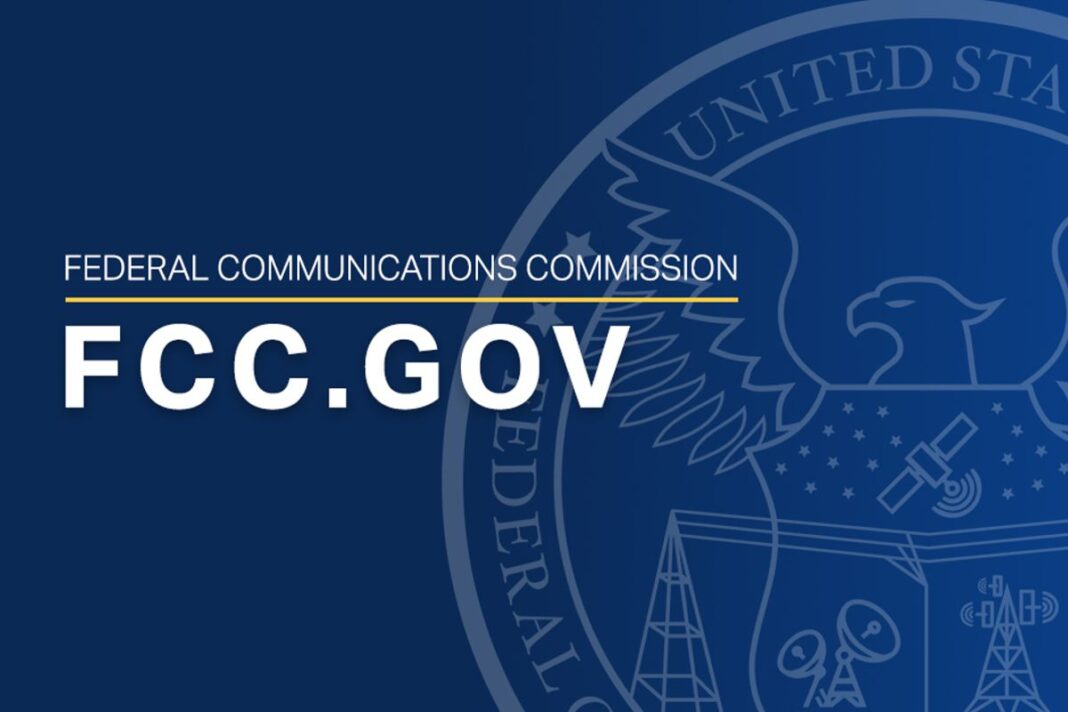The certification process involves tens of thousands of devices every year, including smart devices, baby monitors, computers, and network gear, the FCC says.
The Federal Communications Commission (FCC) adopted new rules on May 22 to ban the participation of “bad labs” in the electronics testing process, targeting the Chinese communist regime’s involvement in particular.
The FCC also voted to create a way of identifying foreign ownership of entities, which would allow it to keep a list of foreign adversaries similar to the Pentagon or Commerce Department’s blacklist.
FCC Chair Brendan Carr said during the May 22 meeting that about 75 percent of electronics are tested by labs in China.
All electronic devices that emit radio frequencies require authorization, which involves using private test labs, certification bodies, and accreditation bodies to test and certify that the devices comply with FCC rules.
The FCC says this involves tens of thousands of devices every year, including smart devices, baby monitors, computers, network gear, and others.
The new rules prohibit the participation of any establishment owned, controlled, or directed by an entity that poses a national security risk.
FCC Commissioner Anna Gomez said the commission is working to address companies in the authorization process with labs that have just lost authorization.
Rules previously based the eligibility of labs on “technical competence, not trustworthiness,” but recent reviews and bipartisan lawmakers have identified Chinese labs as a risk to national security, according to the FCC.
The FCC said it found labs that “potentially have deep ties to the Chinese Communist Party (CCP),” including Chinese state-owned enterprises and companies that do work for the Chinese military.
“These labs have tested thousands of devices bound for the U.S. market over the last several years,” the FCC said in its announcement of the initiatives.
FCC Commissioner Geoffrey Starks said during the May 22 meeting that, historically, the testing happens in labs all around the world and provides efficiency, “but we face an increasing risk that adversarial nations will try to sneak insecure and harmful equipment into our networks through our authorization process.”
The intelligence community has identified the Chinese regime as the primary threat to U.S. critical infrastructure, warning that regime-backed hackers are prepositioned to do damage to U.S. critical infrastructure.








